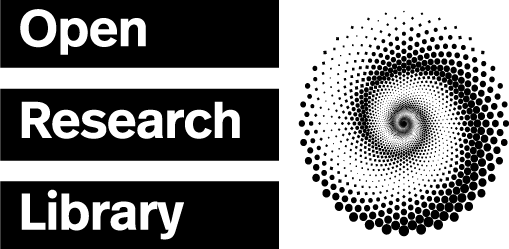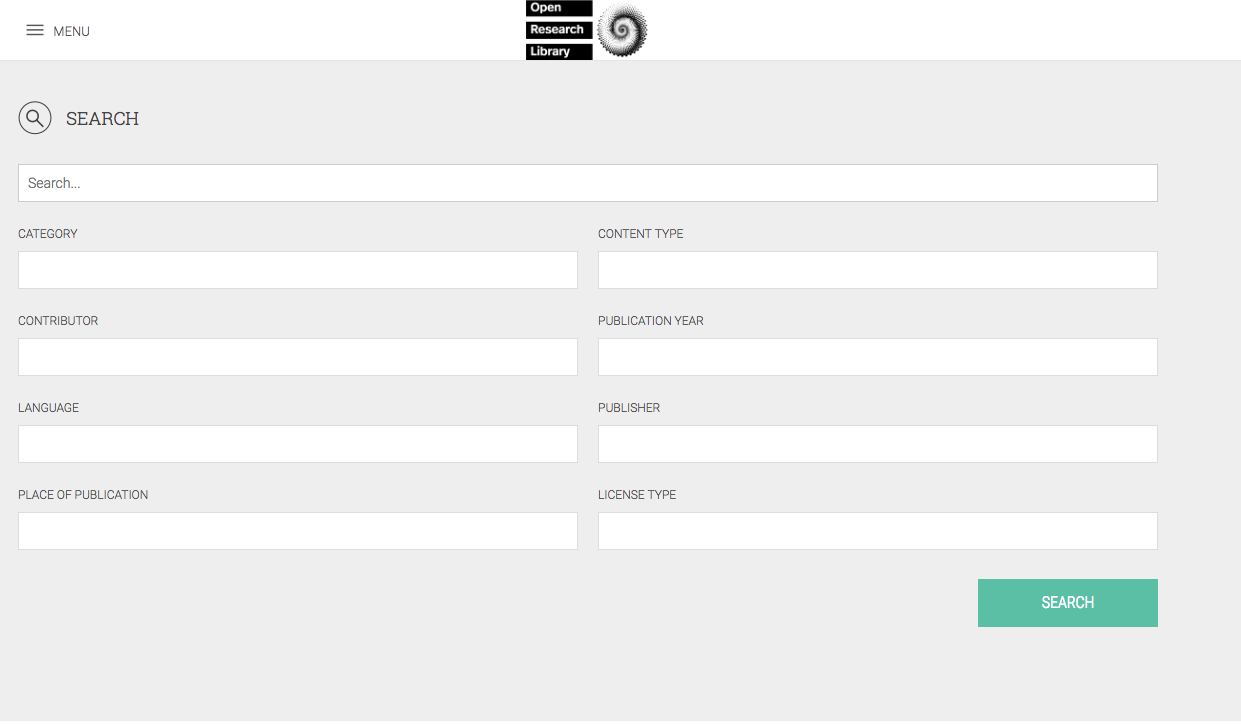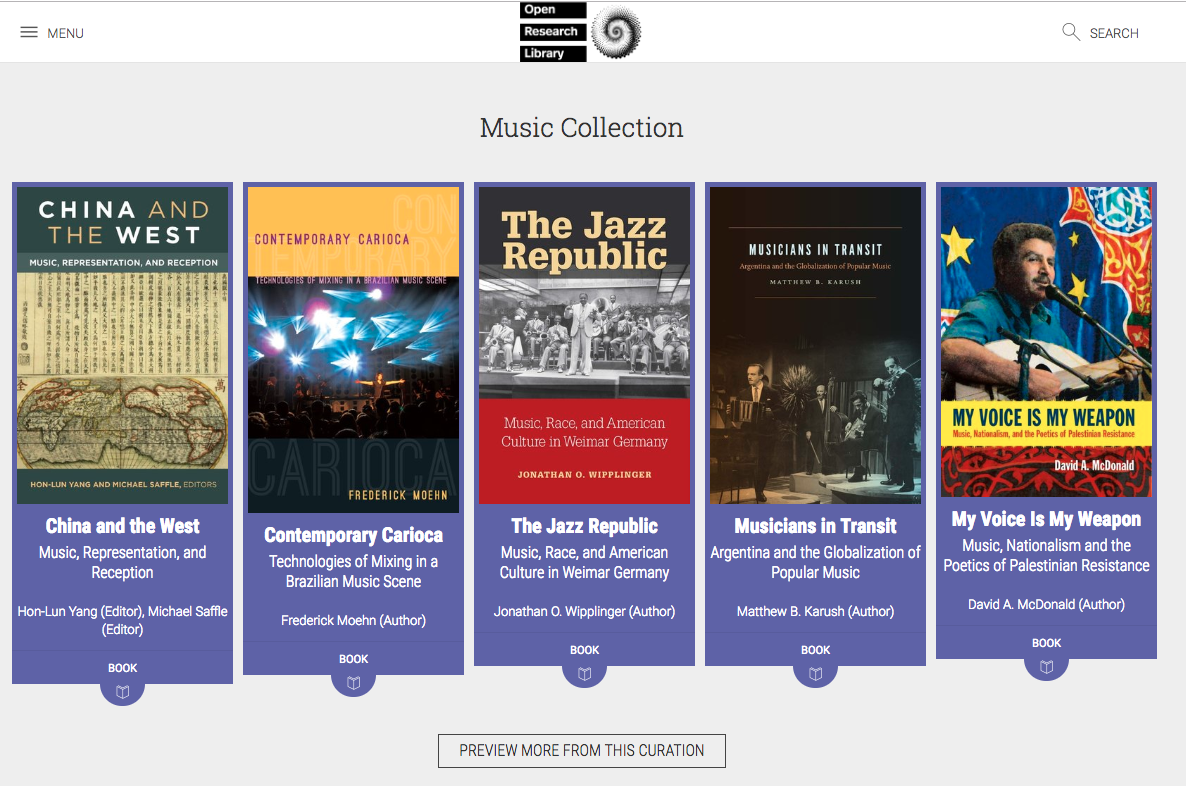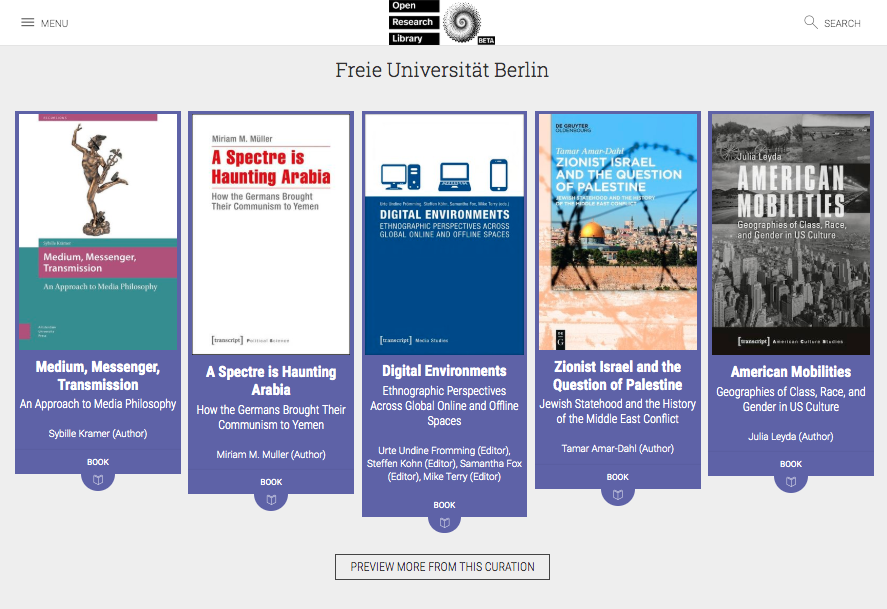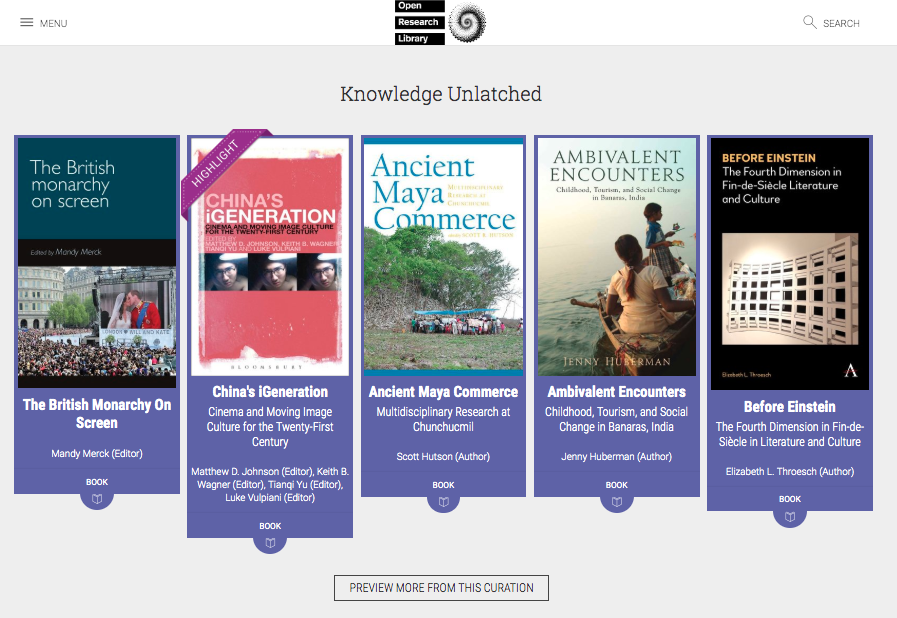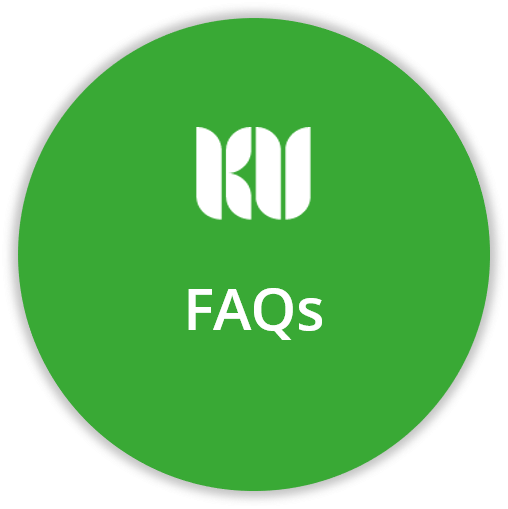Open Research Library
Your central hosting platform for Open Access Books
The Open Research Library (ORL) is planned to include all Open Access book content worldwide on one platform for user-friendly discovery, offering a seamless experience navigating more than 14,000 Open Access books. This vital infrastructure is slated to comprise the most comprehensive collection of peer-reviewed Open Access books accessible for everyone. Libraries investing in the Open Research Library contribute to the development of a dedicated infrastructure for the global research community, while participating libraries have the opportunity to benefit from a set of exclusive services.
Why Invest in the Open Research Library?
The Open Research Library shall serve as a vital infrastructure for the needs of the scholarly community amongst others, promoting Open Access to scholarly works. With the support of libraries and research institutions worldwide, the Open Research Library will be able to develop its infrastructure benefitting everyone.
Combining all Open Access book content in one place, for easy discovery and user-friendly navigation as well as further dissemination into third party systems.
Future development roadmap to be decided upon by a high profile board of publishers and librarians.
Open Research Library Basic Membership
Individualized COUNTER 5 usage statistics
-
Listed as a supporter of the Open Research Library
-
Contribute to the development roadmap of the Open Research Library
-
Pricing: $1,120 // €1,000 // £880 per annum for a three-year period
Open Research Library Premium Membership
Individualized COUNTER 5 usage statistics
-
Branded Library Microsite
-
Admin features to customize content display
-
MARC record delivery
-
Contribute to the development roadmap
-
Listed as a supporter of the Open Research Library
-
Pricing: $2,240 // €2,000 // £1,760 per annum for a three-year period
Development Roadmap
Full-text searching across the entire database (beyond the metadata allowing to search within any given book)
-
Download format choice for a given title (PDF or ePub)
-
Expanded metadata elements in the user interface (FundRef, NERD, etc.)
-
Enhanced metadata, improving metadata supplied by publisher
-
Support for annotation
-
Comprehensive coverage of other OA content (journals, video, poster, audio, etc.)
Learn More About the Open Research Library
The Open Research Library (ORL) makes metadata feeds openly available for third parties. Next to this, MARC records are freely available on the platform.
Users can browse and search for Open Access books from various publishers and providers, currently including all Knowledge Unlatched books, and with many more books and curations to follow during the coming months. The further development roadmap will be shaped through the input of a high profile board of publishers and librarians.
The Open Research Library is now live and can be accessed here: https://openresearchlibrary.org
.Browse and search
Apply various filters and views across the entire Library
Curated Collections
Find Open Acces books curated by collection, publisher, provider and more
Premium Membership Services
Microbranded library site
Highlight faculty OA Books, curate collections, and more
Customize Content Displays
Display the most relevant collections for your users
Frequently Asked Questions
Libraries pledging at the premium level will also be able to take advantage of the features that customize the site. These include branding, creating custom collections and controlling the display of content on the homepage.
From the outset, the Open Research Library has been dedicated to Open Access scholarly monographs or collected volumes, but the BiblioBoard platform can also support article, image, audio and video files. Thus, there is an opportunity to expand the collection to incorporate a wide variety of Open Access content.
COUNTER 5 compliant institutional usage statistics are also available to supporting libraries.

